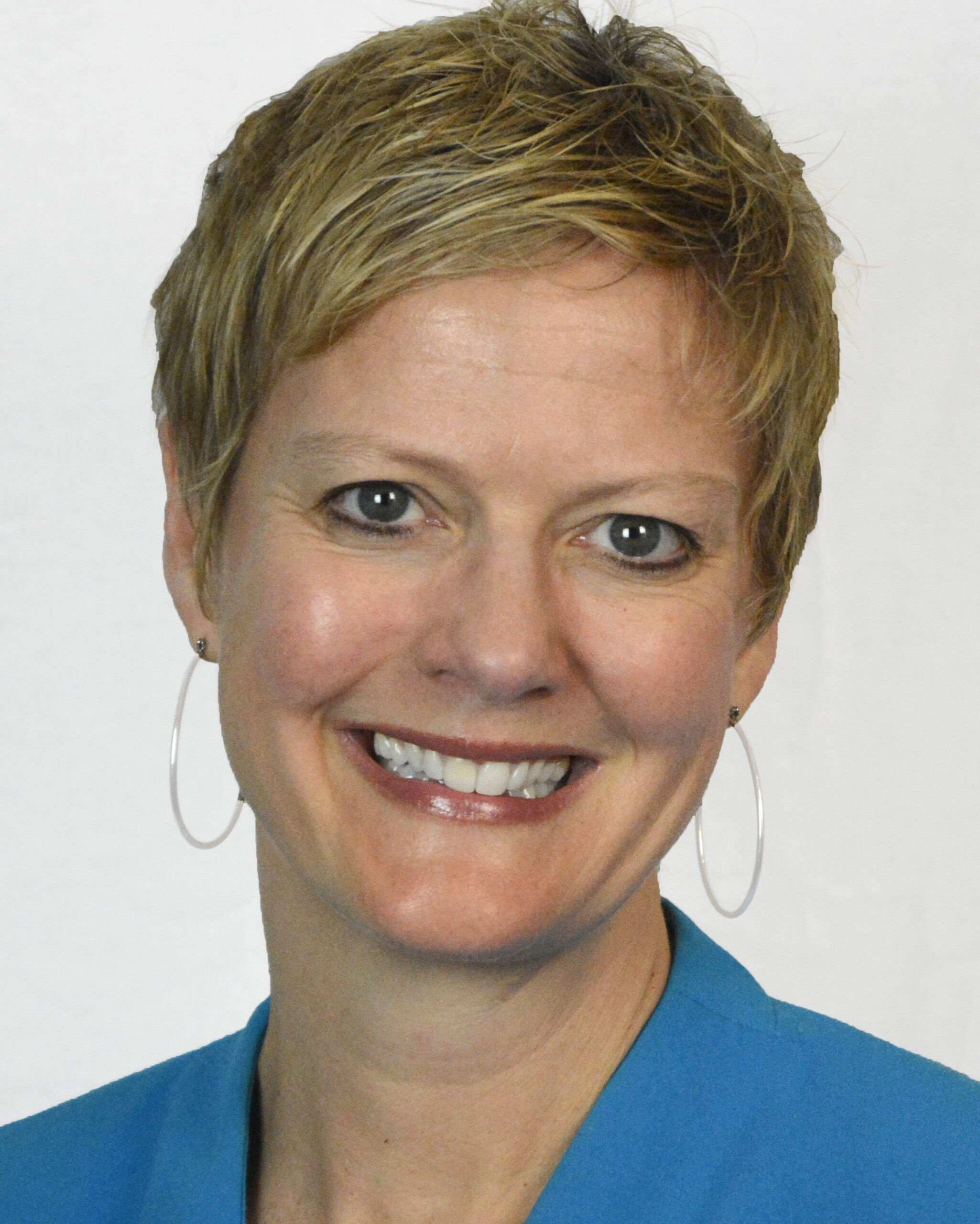One of the many concerns for higher education leaders who are considering online or hybrid learning models this fall is ensuring academic integrity from students.
A survey done by Kessler International in 2017 highlighted that “79% admitted to plagiarizing their assignments from the internet; 42% purchased custom papers online; and 28% said they had a service take their online classes for them.”
Those statistics might seem to illustrate how students react when they are given remote instruction or assignments and exams outside of traditional classrooms. But does it make cheating easier?
Tricia Bertram Gallant, an internationally recognized expert on integrity and ethics in education and director of the University of California San Diego Academic Integrity Office, offers guidance for universities making critical decisions for the coming academic year. Like many institutions, UC San Diego is bracing for the majority of its 4,750 courses (some 70%) to take place virtually this fall. With so many classes being forced online, is the door being opened for college students across the U.S. to break the rules?
Not necessarily, says Bertram Gallant. Some highly used commercial prevention methods, such as LockDown Browser and Turnitin, can offset cheating. But a more productive approach can be through effective communication and instruction – in other words, how educators are connecting to their students while providing engaging and enriching assignments.
“When instructors and universities focus on learning rather than cheating, they can enhance integrity,” she notes in a recent interview. “This is because the same pedagogical methods that are good for learning also are good for integrity. Plus, when we directly promote integrity, we are helping students build their capacity to morally self-regulate in stressful situations like the COVID-19 crisis, or in situations where no one is watching like remote instruction.”
Strategies to ensure better outcomes

During this time of transition, the pressure of performance on students along with additional stresses being put on them by the pandemic, can “increase the temptations and opportunities for integrity violations,” Bertram Gallant says.
She notes that while “we can’t make assignments, exams or classes ‘cheat-proof,’ ” there are ways that instructors can mitigate the potential for cheating to occur in the first place.
“Building that sense of community and connection is first and foremost,” she says. “Engage with your students in a conversation about what type of classroom environment they want and what behaviors they want to see from each other to uphold integrity. When possible, redesign the class and assessments to focus on mastery rather than performance — this takes a lot of preparatory time. Ensure standards and expectations are very clear and choose the right assessments for your class in this remote environment.”
More from UB: When Conduct goes virtual: Considerations for remote learning
Of the many resources out there on academic integrity, UC San Diego’s Academic Integrity Office offers up both webinars and a series of thorough tips here to educators on ensuring more positive outcomes in remote instruction.
Among them are these recommendations from the Academic Integrity office:
- Create a class statement of values or a code of ethics. Sure, you could just tell them what the rules are, but it will help you build community and garner student buy-in if you do it with your students.
- Make standards and expectations absolutely clear. For example, what does “open books/notes” for exams mean? For students, it likely means “open internet” and on the internet are sites and people who will do the work for the students.
- Give timely integrity reminders. Don’t just talk about integrity at the beginning of the quarter.”
- Monitor student product and conduct. After each assessment touchpoint, check in on your students’ activities. Are they logging in? Are they engaged?
- Evaluate the integrity of assessments before grading
When necessary, the academic integrity expert recommends that universities report violations or reach out to their campus academic integrity office for help.
This holistic, ethics-first approach, says Bertram Gallant, can help ensure that universities continue to develop students who are good citizens and role models before they enter the workforce.
“The world doesn’t simply need more scientists, engineers, doctors, lawyers, managers, politicians and other professionals—the world needs more ethical scientists, engineers, doctors, lawyers, managers, politicians and other professionals, as well as ethical citizens,” she says. “It is the moral imperative of higher education to develop ethical citizens and professionals and we can do that, in part, through the promotion of integrity.”
Chris Burt is an editor and reporter for University Business

